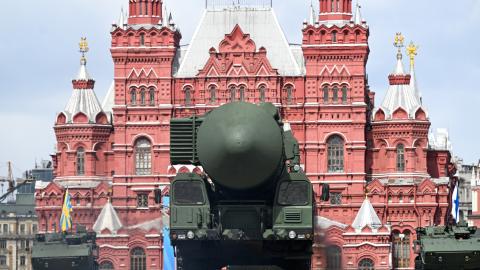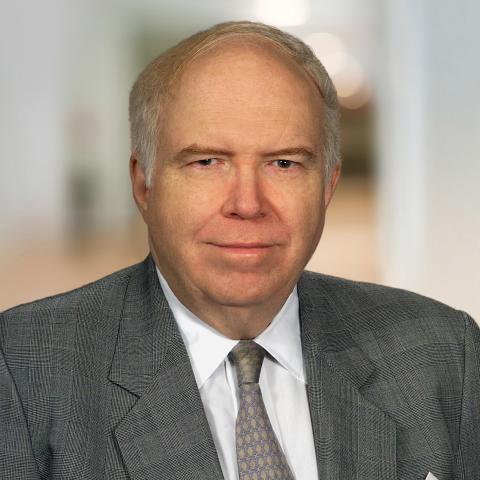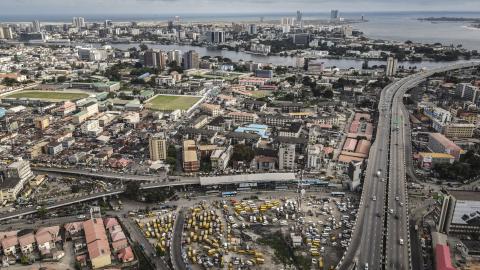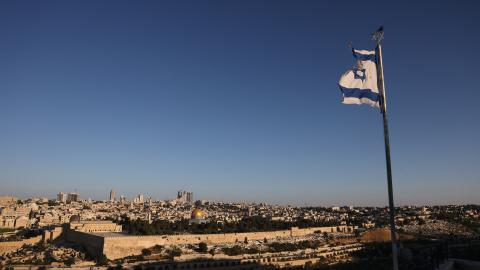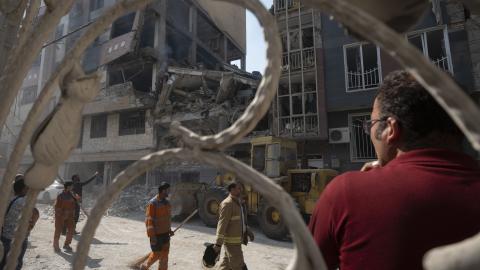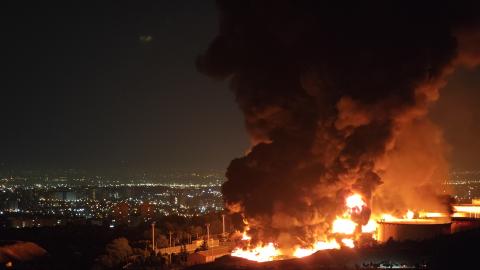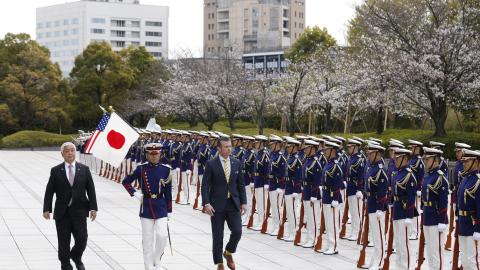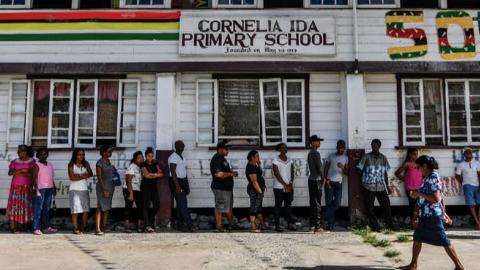Any victory for democracy and the rule of law is worth celebrating in these tumultuous times, no matter how small the country. Guyana, an English-speaking country of 780,000 on the north Atlantic coast of South America, is now facing a moment of truth. Will its governing party acknowledge that it lost in a free and fair election and proceed to a peaceful transition? Or will it resist, plunging the country into chaos?
Guyana is one of the poorest countries in South America, but that could change dramatically thanks to the discovery in 2015 of vast oil reserves off its coast. ExxonMobil is leading a consortium that hopes to be pumping 750,000 barrels a day from Guyana’s waters by 2025.
Oil revenue on such a scale, however, can be either a great blessing or a curse. The key question is whether the political leadership of such a country directs the financial benefit to the people, or uses it to line the pockets of cronies and rent-seekers.
Indeed, the “natural resource trap” is one of the four major obstacles to development that economist Paul Collier identified in his seminal book The Bottom Billion. Following independence from the United Kingdom in 1966, Guyana’s miserable economy had all the characteristics of post-colonial dependency on agriculture and natural resources under an increasingly authoritarian leader.
The best way to ensure that the oil windfall benefits the Guyanese people is the presence of an accountable, democratic government. Guyana has been conducting free and fair elections since 1992. Freedom House ranked it 75 on its 100-point scale for 2019, a free country with the same score as India, praising Guyana’s “regular elections, a lively press, and a robust civil society.”
In December of 2018, the government of President David Granger suffered a no-confidence vote in the National Assembly, and Guyana’s politics started to go a little wobbly. It took until September of last year, following a court battle, for Mr. Granger to call a new election, which took place on March 2 this year.
The balloting and counting proceeded freely and fairly, in the view of election observers from the Organization of American States and others. But the tabulation of results did not. Observers noted lopsided margins reported in favor of Granger’s party in Guyana’s populous District 4.
The opposition, led by Irfaan Ali, cried foul and was backed of international observers. Guyana’s High Court tossed out the tabulated results and ordered a recount. In May, it finally got underway, with the District 4 results coming in on June 8.
It turned out that the initial reporting was clearly fraudulent. Granger’s APNU+AFC party was credited with nearly 20,000 more votes than it actually received, and Ali’s PPP with about 3,600 fewer. Correcting the fraud makes Ali the close but clear winner -- by about 15,000 votes, in an election where 456,000 were cast nationwide.
The result is now clear, and earlier this week, the Guyana Elections Commission rightly announced its willingness to declare the winner based on the recount tabulations. Notwithstanding new and baseless complaints by the ruling party about the balloting back in March, there is no need for the Commission to delay the formal declaration.
Granger must then proceed to an orderly transition, for which he will receive credit both at home and internationally. If Granger refuses, his government will certainly face international condemnation and sanctions that could jeopardize Guyana's oil windfall.
Guyana’s two main political parties have an ethnic component. APNU+AFC is largely made up of Guyanese of African descent, whereas the PPP is mostly Guyanese whose ancestors came from India. There is always potential for conflict in such circumstances. But Guyana’s democratic ways have gone a long way toward keeping tensions under control.
Granger must act now in a way that upholds this peace. The people of Guyana stand to gain much in the years ahead, and it will be to their own immense credit as a citizens of a peaceful, democratic country.
Read in RealClear World
